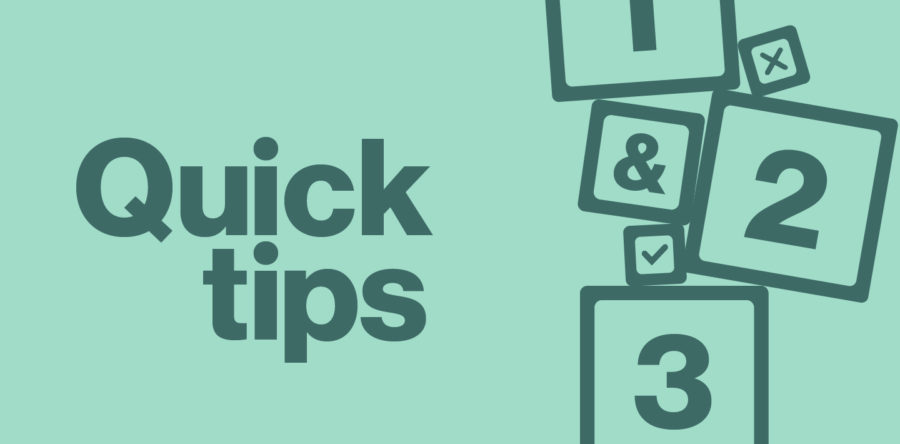The following blog was written 100% by AI utilizing the platform ChatGPT. We have not edited this blog as an experiment for our professionals to analyze the information given by AI platforms for accuracy and readability. Our input prompt to the AI can be seen below.
Can you write a blog on the benefits of the collaborative process vs litigation?
In today's world, where disputes and conflicts are inevitable, it's essential to explore effective means of resolution. Traditionally, litigation has been the go-to method for settling disputes. However, a transformative alternative has emerged: the collaborative process. This blog aims to shed light on the numerous advantages that collaborative approaches offer over litigation. By fostering open communication, preserving relationships, and promoting creative problem-solving, collaboration proves to be a powerful tool for achieving amicable resolutions.
Preserving Relationships:
One of the most significant advantages of the collaborative process is its emphasis on preserving relationships. Unlike litigation, which can often lead to acrimony and hostility between parties, collaboration aims to maintain or even strengthen the existing relationships. By engaging in open and respectful dialogue, the parties involved can work together towards a mutually beneficial outcome. This focus on relationship preservation is particularly crucial in family matters, business partnerships, and ongoing professional relationships.
Enhanced Control and Flexibility:
Collaboration provides the parties with greater control over the outcome and the process itself. Unlike litigation, where decisions are often imposed by a judge or jury, collaboration allows individuals to actively participate in crafting solutions that address their specific needs and interests. This autonomy fosters a sense of empowerment, enabling parties to tailor agreements that suit their unique circumstances. Moreover, collaboration offers the flexibility to explore various options and find creative solutions that may not be available within the rigid framework of litigation.
Cost-Effectiveness:
Litigation can be a costly affair, with expenses escalating due to attorney fees, court costs, and potential appeals. In contrast, the collaborative process often proves to be a more cost-effective approach. By working directly with each other and a team of trained professionals, the parties can reduce legal expenses significantly. Additionally, collaboration typically saves time by avoiding prolonged court battles and allows the parties to reach resolution efficiently.
Confidentiality and Privacy:
In litigation, proceedings are a matter of public record, and sensitive information is often disclosed in open court. This lack of privacy can be detrimental to personal or business reputation. On the other hand, the collaborative process offers confidentiality, ensuring that discussions, negotiations, and any related documentation remain private. This enables the parties to maintain their privacy and protect their interests, fostering a safe environment for open and honest communication.
Long-Term Satisfaction:
Collaborative agreements tend to yield higher satisfaction rates compared to court-imposed decisions. When individuals actively participate in the resolution process, they are more likely to feel heard, understood, and valued. This sense of ownership over the outcome often leads to greater compliance and cooperation in implementing the agreed-upon terms. Consequently, collaborative resolutions have a higher probability of standing the test of time, resulting in reduced chances of returning to court for modifications or enforcement.
Empowerment and Emotional Well-being:
Litigation can be an emotionally draining experience, often exacerbating stress, anxiety, and conflict. The collaborative process, on the other hand, fosters a cooperative environment that encourages open dialogue and active problem-solving. By engaging in respectful and constructive communication, the parties experience a sense of empowerment, reducing the emotional toll associated with disputes. This focus on emotional well-being is particularly vital in family law cases, where children's interests and overall family dynamics are at stake.
In a world where disputes are commonplace, it is essential to explore alternatives that prioritize cooperation, respect, and creative problem-solving. The collaborative process offers numerous benefits over litigation, including relationship preservation, enhanced control, cost-effectiveness, confidentiality, long-term satisfaction, and emotional well-being. By choosing collaboration over litigation, individuals and organizations can pave the way for amicable resolutions that not only address their immediate concerns but also lay the foundation.




Impressive!
Interesting! and scary! Could put a lot of writers out of work and could also create minefields if the wrong info is circulated…I doubt disclaimers like yours will universal.
It’s actually quite good. Not surprising considering chatgpt and its relatives are all plagiarism bots that take content available in the worldwide domain and distills it into an article. It’s amazing, and we are using it at our firm to write blogs. The time savings is enormous. But I still believe this is, at its essence, plagiarism; or using someone else’s work without attribution.
WOW! That is really good for a robot/computer program. I’m impressed. This response was not written by AI.
This is truly amazing. I am very impressed. Plus, it’s grammatically correct as well.